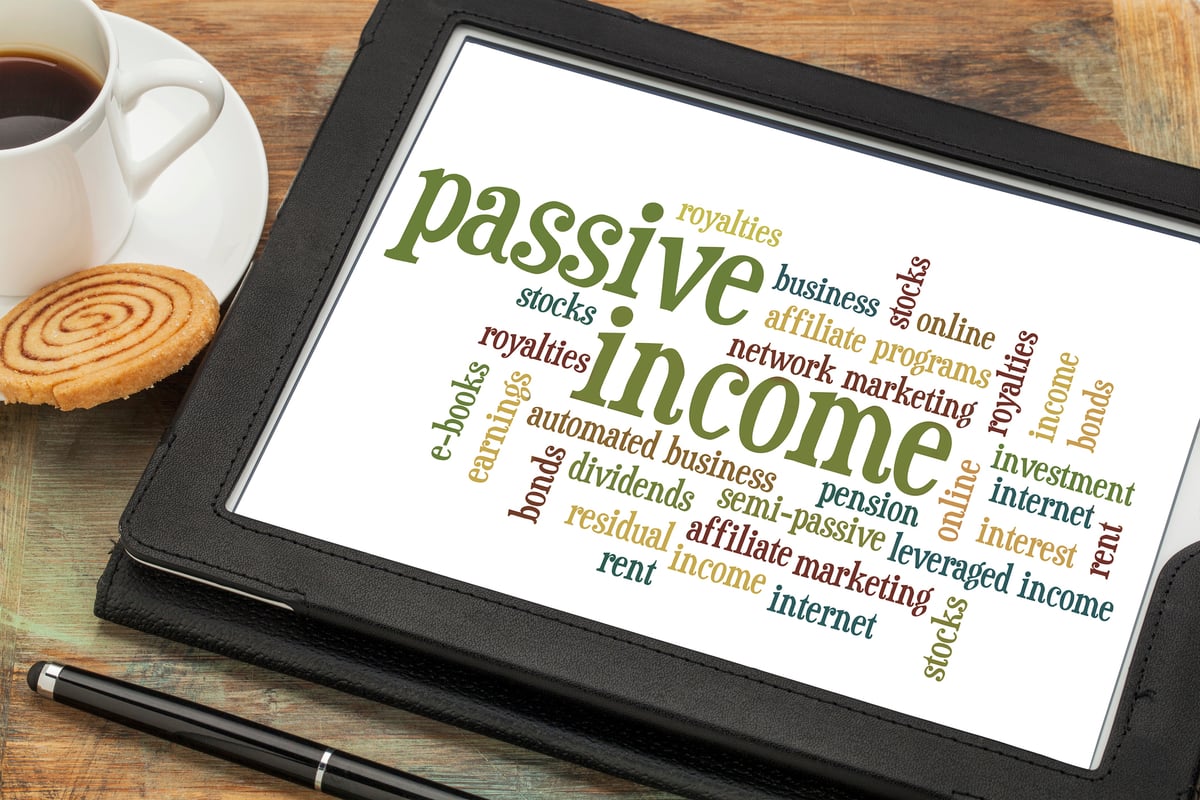Oil prices cratered in 2020 thanks to falling demand for the fuel, actually pushing key U.S. benchmark West Texas Intermediate (WTI) briefly below zero at one point. But midstream industry giants Enterprise Products Partners (EPD +0.16%), Enbridge (ENB +0.55%), and Kinder Morgan (KMI 0.74%) increased their dividends just the same. That's why dividend investors should be comfortable sticking with the midstream sector right through a recession.
The energy sector is huge
When you first think about energy, it's likely that giant integrated oil companies like ExxonMobil and Chevron come to mind. That makes sense, given their importance to the sector. But it is their core business model that is really worth understanding. They own assets across the entire industry, from drilling (upstream) to processing (downstream), and everything in between. The goal is to create a diversified portfolio that can weather the inherent ups and downs in the commodity-driven industry.

Image source: Getty Images.
But there's one niche in the sector that's a bit different from the rest: midstream. These are the pipelines, storage, transportation, and processing assets that help move oil and natural gas from where they are pulled from the ground to where they eventually get used. Most of this business is fee-based, so demand is more important than commodity prices. In 2020, for example, despite the massive impact of the pandemic, the U.S. Energy Information Administration estimates that global demand for oil fell just 8.5%.
That's a pretty modest drop given the worldwide economic shutdowns used to slow the spread of the coronavirus. But even so, emotional investors dumped anything related to oil, including oil itself.
The proof was on clear display
A couple of comparisons will help illustrate the difference here. In 2019, diversified energy giant Exxon earned $2.25 per share -- but thanks to the pandemic, it lost $0.33 per share in 2020. Drilling-focused ConocoPhillips' adjusted earnings fell from $3.59 per share in 2019 to a loss of $0.97 per share last year. Meanwhile, midstream bellwether Kinder Morgan had adjusted earnings of $0.95 per share in 2019 and still managed to turn a sizable profit in 2020, with adjusted earnings of $0.88 per share. Its toll-taker business model simply held up better than businesses more dependent on commodity prices. And it wasn't alone by any stretch of the imagination, with fellow industry giants Enterprise and Enbridge also holding up quite well.
That said, investors shouldn't simply run out and buy any midstream stock. There are nuances that are important. The trio mentioned above are all large and diversified, which adds resilience to their businesses. Some midstream names are tightly focused on specific niches (such as connecting wells to larger pipelines) or have material exposure to commodity volatility (Plains All American, for example, cut its distribution in half last year). It's important to make sure that fees are a big piece of a company's top line if you are looking to midstream names for safety.
EPD Financial Debt to EBITDA (TTM) data by YCharts
On that front, you'll also want to make sure you stick with midstream players that sport strong balance sheets. Even the best business will have trouble holding up if its financial foundation is weak. Enterprise is conservatively financed, but Kinder Morgan and Enbridge have both materially improved their balance sheet strength in recent years. That probably makes Enterprise the best fit for risk-averse investors, but it shouldn't scare you off of Kinder Morgan or Enbridge if you have a stronger stomach.
Huge yields
The thing is, right now, investors are really downbeat on midstream names despite the inherent resilience of fee-based players. So master limited partnership Enterprise is sporting a distribution yield of 7.5%, Kinder Morgan's dividend yield is 6.1%, and Canadian giant Enbridge is offering a yield of around 7%. All are toward the high end of their historical ranges. And yet their businesses have shown incredible strength in the face of not just a recession, but a massive global health scare.
If you are a dividend investor and you're worried about the next economic downturn, it's probably time for a deep dive into the midstream sector's largest and most diversified names.









